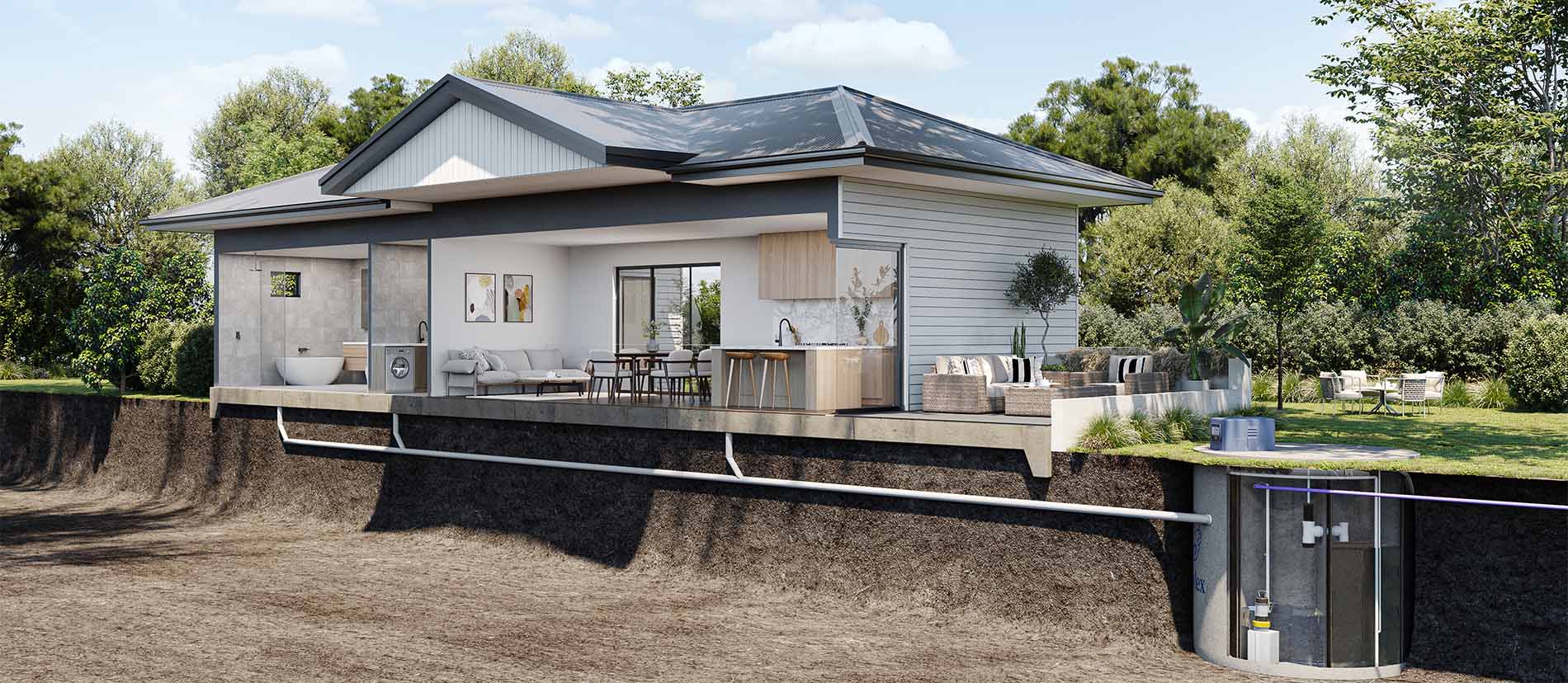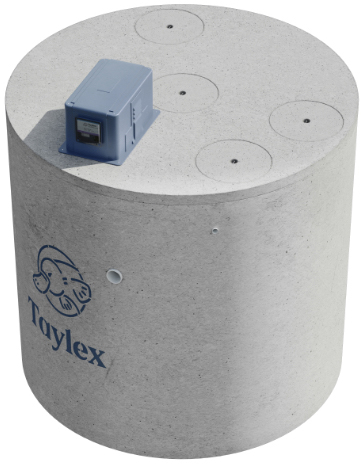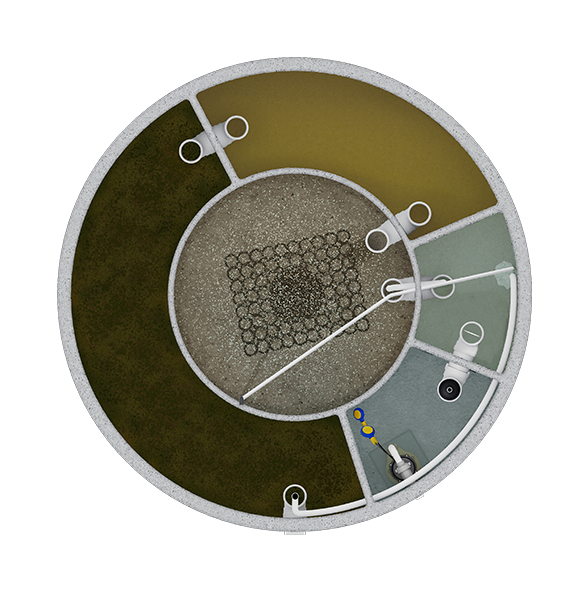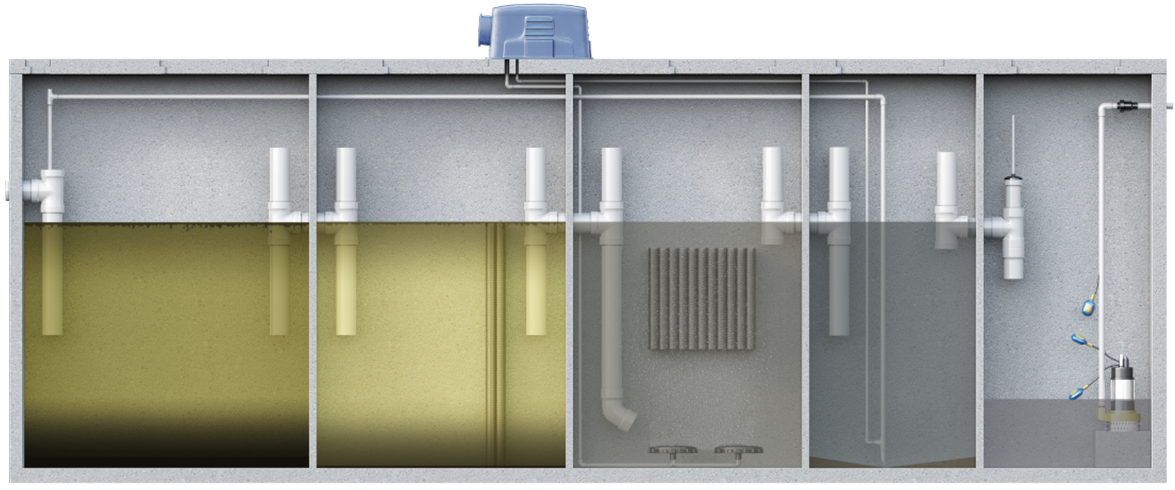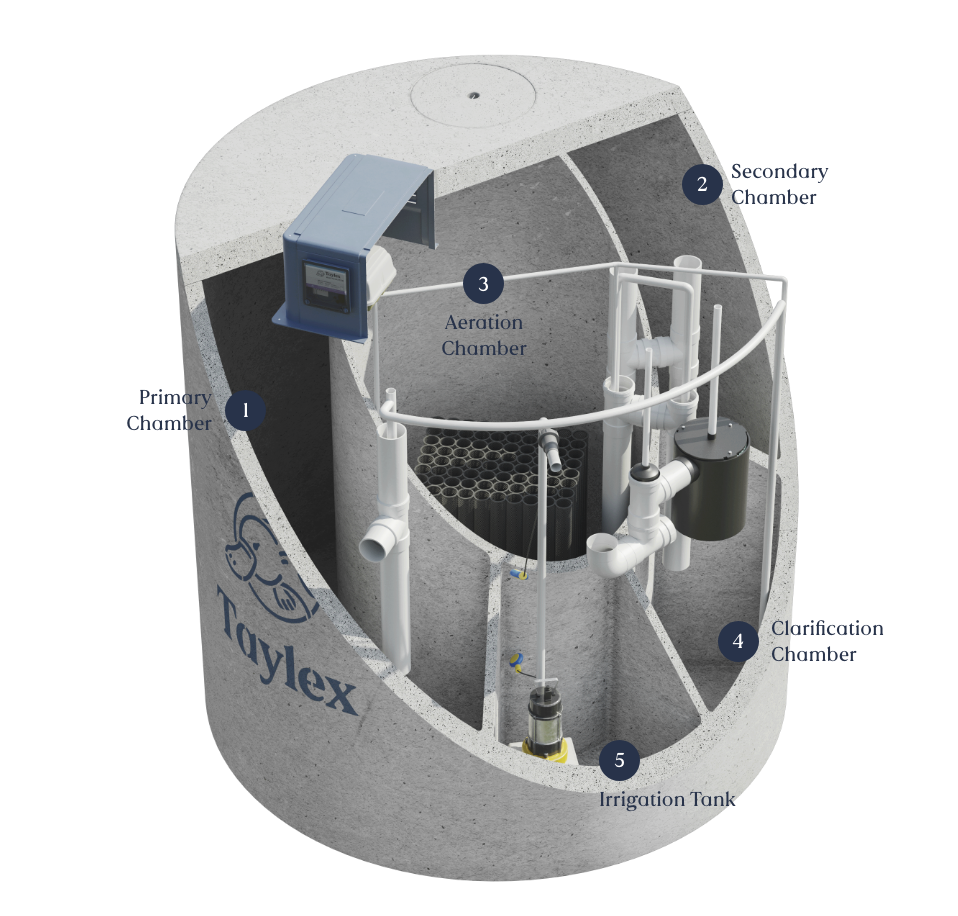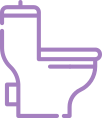Secondary Wastewater Treatment Systems FAQs
What are the types of secondary treatment systems?
Secondary treatment systems include activated sludge, trickling filters, rotating biological contactors, and membrane bioreactors. Each uses biological processes to break down and treat wastewater.
What is the most common wastewater treatment?
The most common wastewater treatment method is the activated sludge process. This technique uses aeration and a biological floc composed of bacteria and protozoa, effectively breaking down organic matter.
What are the 3 stages of wastewater treatment?
The three stages of wastewater treatment are primary, secondary, and tertiary. These stages work together to effectively remove contaminants, resulting in cleaner and more usable water.
What are the 4 types of wastewater treatment?
The four main types of wastewater treatment are physical, biological, chemical, and sludge treatment. These methods effectively purify the water before discharge by targeting different contaminants.
What is the difference between primary and secondary water treatment?
The difference between primary and secondary water treatment lies in their processes. Primary treatment removes large solids and suspended particles through sedimentation. On the other hand, secondary treatment uses biological processes to remove dissolved and suspended organic matter, yielding cleaner effluent.
What is the difference between secondary and tertiary wastewater treatment?
The difference between secondary and tertiary wastewater treatment is in their levels of purification. Secondary treatment uses biological processes to remove organic matter. Meanwhile, tertiary treatment provides additional purification to remove residual contaminants, nutrients, and pathogens.
What does secondary sewage treatment remove?
Secondary sewage treatment removes biodegradable organic matter from wastewater. This primarily biological process targets dissolved and suspended organic materials, significantly improving water quality before further treatment or discharge.
What can secondary treated wastewater be used for?
We can use secondary treated wastewater for non-potable purposes like irrigation, industry, and landscaping. This eco-friendly water reuse reduces freshwater demand and promotes sustainability.
What is the best technology for wastewater treatment?
The best technology for wastewater treatment depends on the site’s specific needs. However, advanced technologies like Aerated Wastewater Treatment Systems (AWTS), Membrane Bioreactors (MBRs), Advanced Oxidation Processes (AOPs), Electrochemical Treatment, and Bioelectrochemical Systems are highly effective. These methods offer superior purification and adaptability to various wastewater types and treatment goals.
